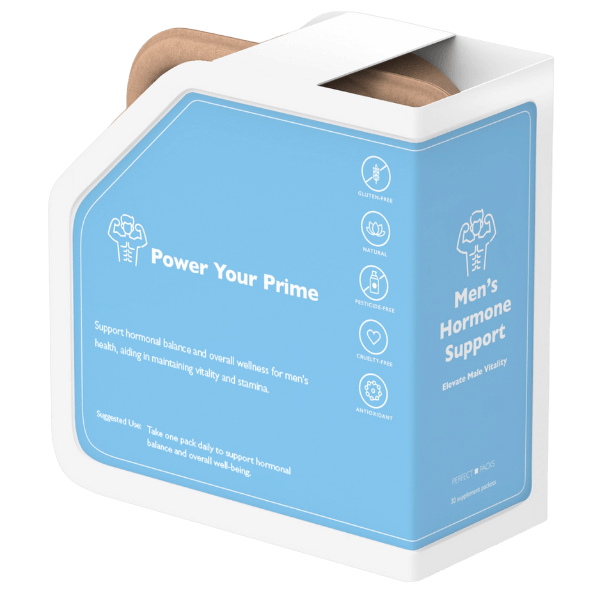Propecia (finasteride) can be used to treat and manage male pattern baldness (MPB). Finasteride belongs to a class of medications called 5-alpha reductase inhibitors. 5-alpha reductase slows down the conversion of testosterone into the more active form of dihydrotestosterone (DHT).
DHT also affects hair follicles. In men predisposed to androgenetic alopecia, DHT binds to receptors in hair follicles, which leads to the miniaturization of the follicles. Miniaturization results in thinner, shorter, and less visible hair.
In a study done over five years, Propecia was shown to cause hair regrowth in two out of three men who participated.
Finasteride in higher doses is prescribed for enlarged prostate (benign prostatic hyperplasia — BPH). Finasteride treats BPH by blocking the body’s production of the hormone that causes the prostate to enlarge.
Dosage
The dosage and regimen is determined by the doctor. The usually recommended dose is one tablet daily. Propecia can be taken with or without food.
It may be necessary to take Propecia daily for at least three months before there is a visible benefit. It can only work over the long term for as long as it is being taken regularly and if the medicine has not produced the expected effects within twelve months, further treatment is unlikely to be of benefit.
This text is for informational purposes only. Please consult a doctor or pharmacist before using any medication.
Read the information leaflet that comes with the medication.
Most people who use Propecia do not experience any negative side effects. Doctors prescribe Propecia because they assess that the benefits that such treatment yields outweighs any likely unwanted effects.
If after taking Propecia a sudden allergic reaction (anaphylaxis) occurs, with symptoms like swelling of the face, tongue, or throat making it difficult to breathe or swallow, or there is wheezing, hives, rash, blistering or peeling of the skin, call a doctor or 911 right away, or go to an emergency room immediately.
Some of the side effects that have been reported include dizziness, faintness, or lightheadedness, especially when getting up suddenly from a lying or sitting position; chills; cold sweats; confusion.
Not all side effects are listed here. If these or other unlisted symptoms persist or worsen, consult a healthcare provider or pharmacist.
Male pattern baldness (MPB), also known as androgenetic alopecia, is a hair loss condition that primarily affects the top and front of the scalp. Hair loss is typically evident as either a receding front hairline, hair loss on the scalp’s crown, or a combination of both. Without proper treatment, MPB is irreversible.
The main symptoms of benign prostatic hyperplasia are:
- Urinary frequency — urinating eight or more times a day
- Urinary urgency — the inability to delay urination
- A weak or interrupted urine stream
- Trouble starting a urine stream
- Dribbling at the end of urination
- Nocturia — frequent urination during periods of sleep.
It is usually confirmed by a PSA blood test, which looks for levels of the Protein-Specific Antigen found only in the prostate gland, a rectal exam, or an ultrasound.















